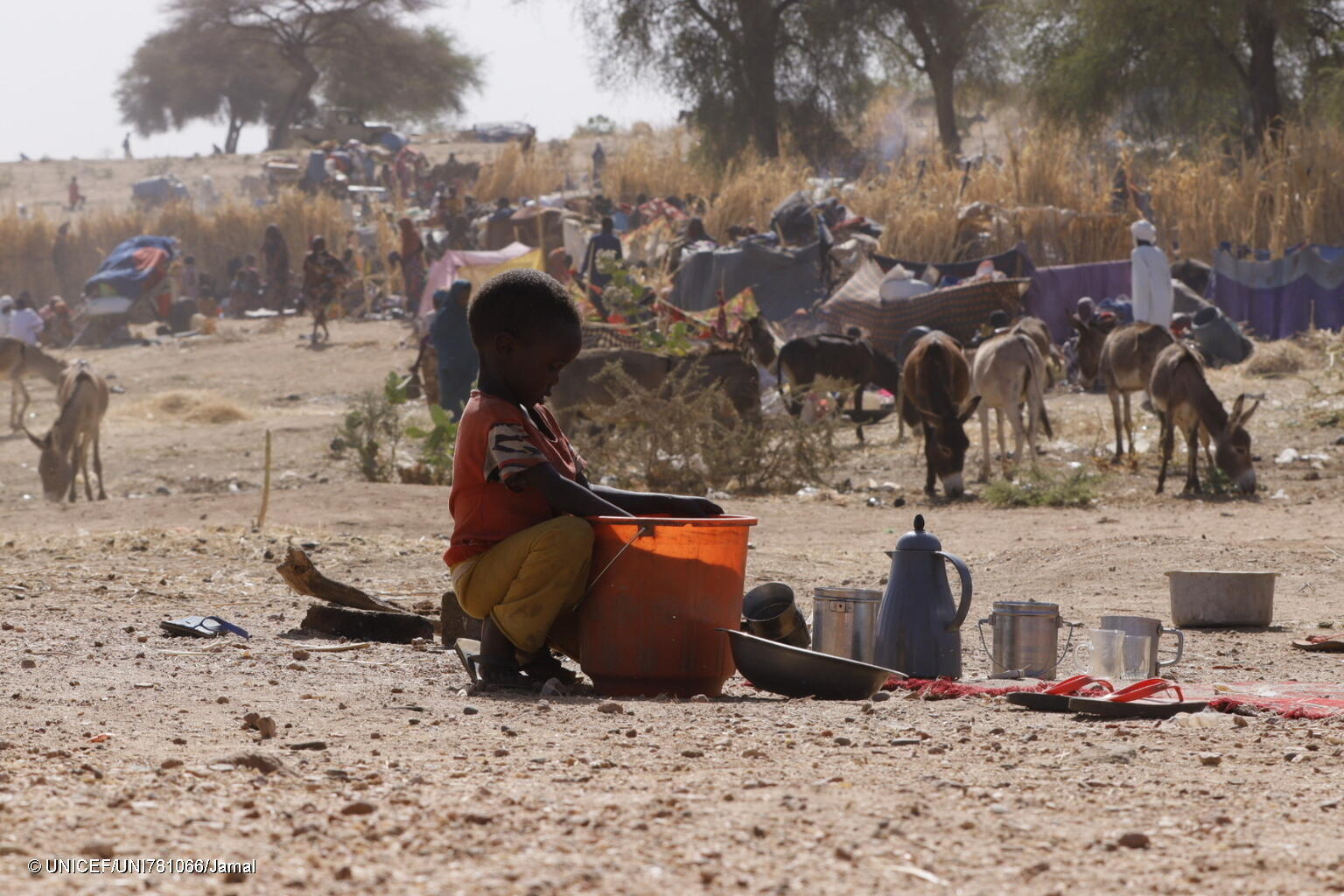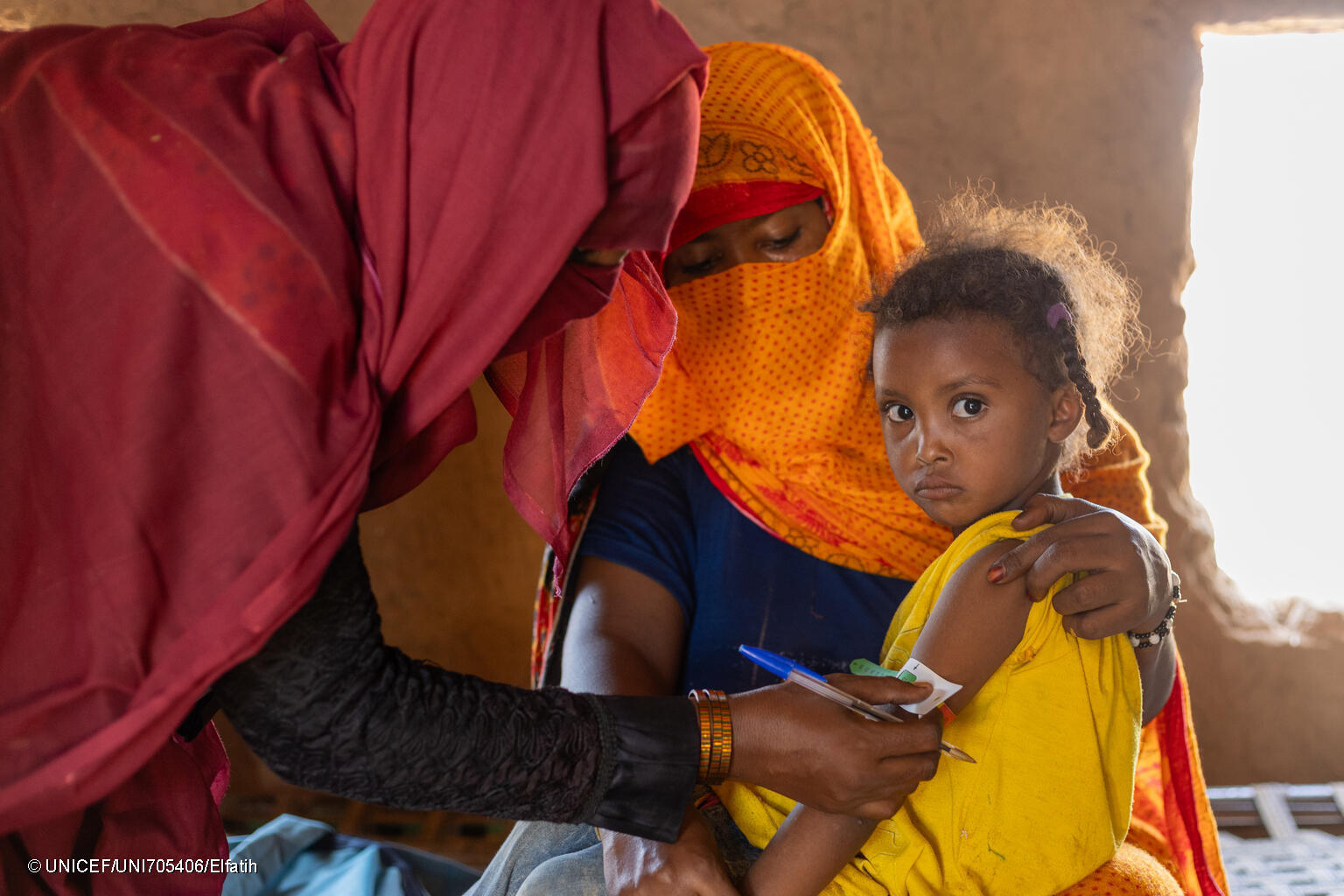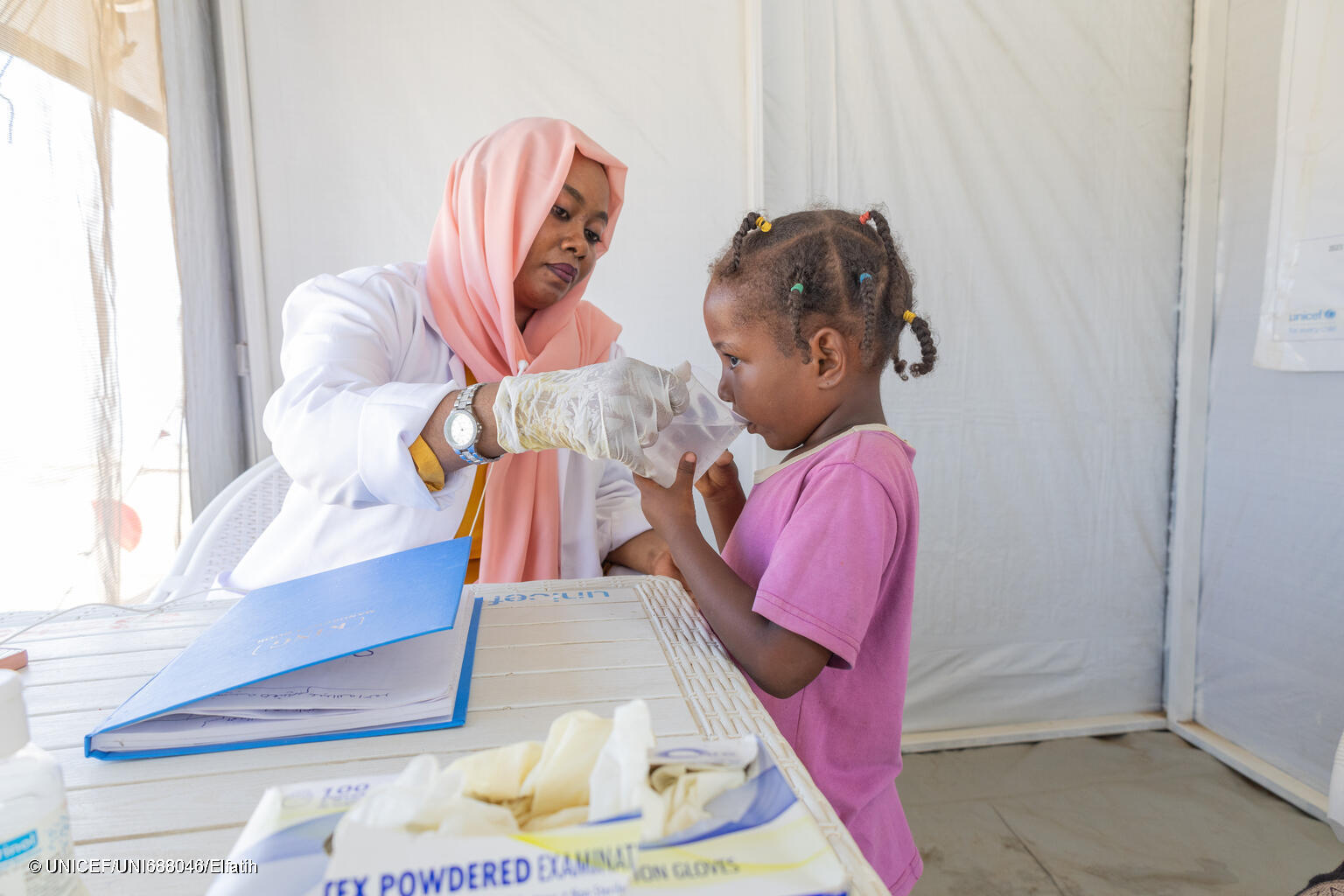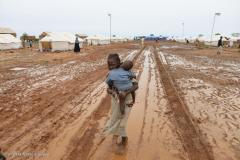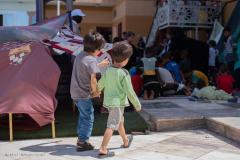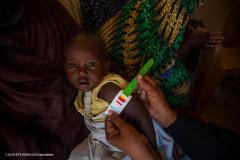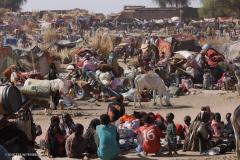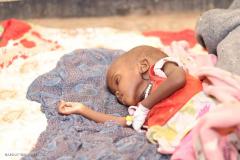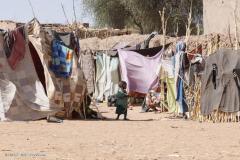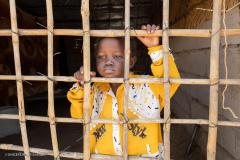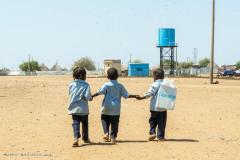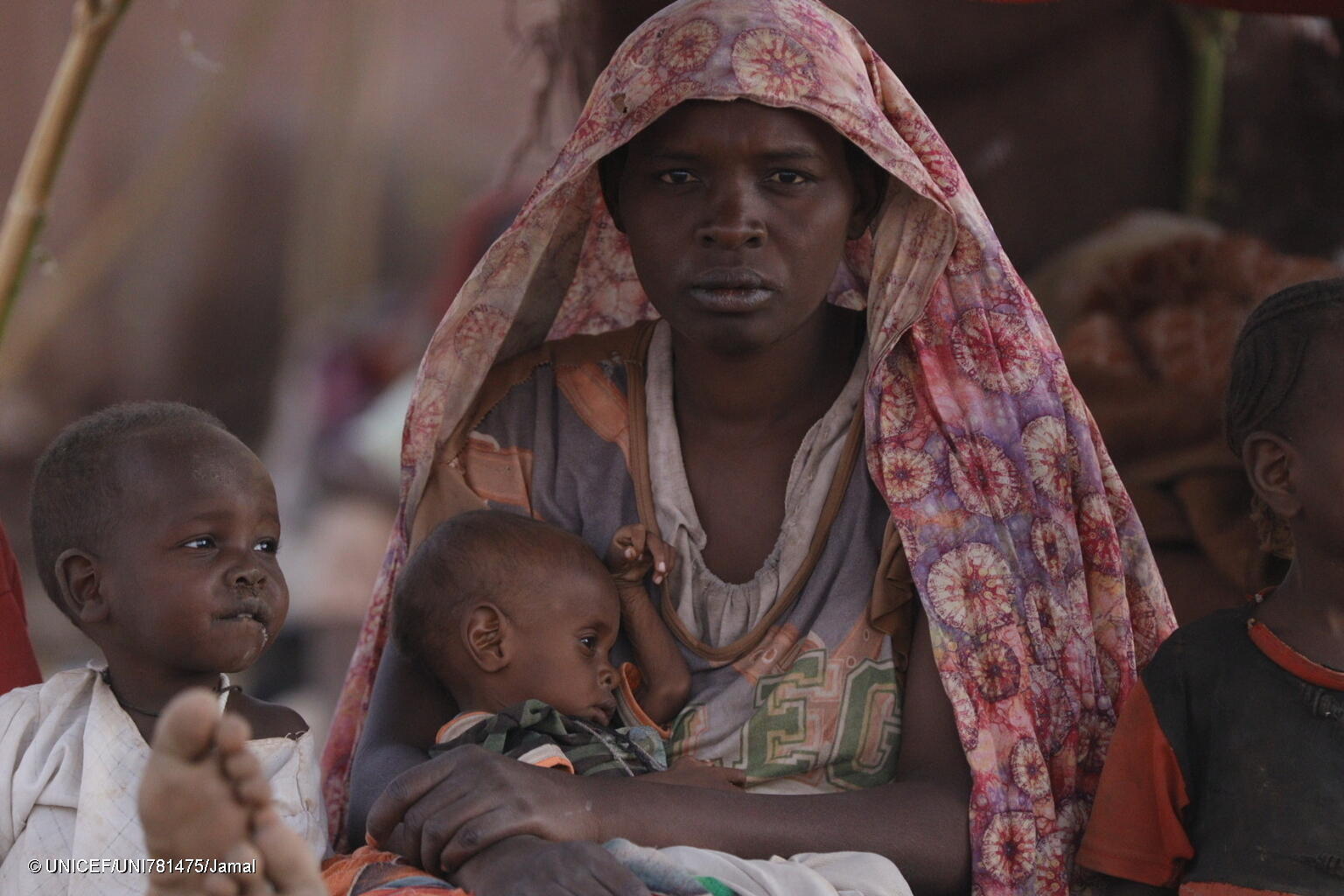Over two years into one of the world’s most devastating and overlooked conflicts, Sudan has become a country where childhood is under siege.
Over 15 million children are now in desperate need of humanitarian assistance. More than 7 million have been forced from their homes – many fleeing again and again. Schools have become shelters or battlegrounds. Classrooms are silent.
The war has stolen futures and turned dreams into struggles for survival. Children like Wisam, just nine years old, should be in school, not dodging bullets. Nashwa, once set on becoming a doctor, now spends her days hauling water. And Aminah, 17, a survivor of sexual violence, now lives with trauma no child should ever endure.
As the violence enters its third year, the scale and complexity of Sudan’s crisis deepens.
- Here’s what you need to know about the conflict, the stories of those impacted, and how you can help through UNICEF.
